Is a world without trash possible?
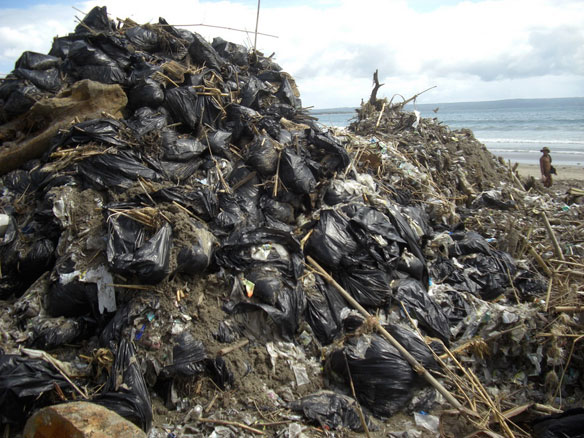
The vision of a “circular economy”—where we use resources sparingly and recycle endlessly—is inspiring businesses and environmentalists alike.
Cars that eat paradise
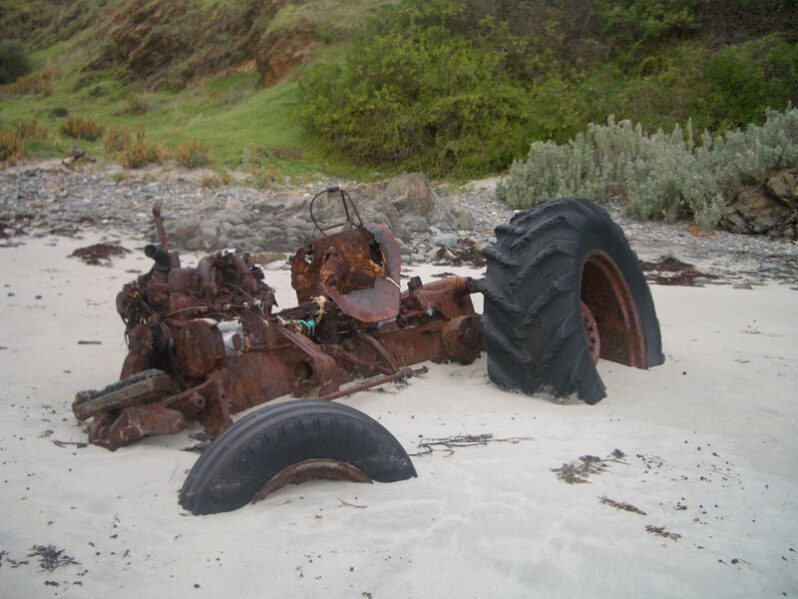
While known for pristine beaches and blue skies, Pacific Islands are also polluted with thousands of man-made monuments: rusting cars, trucks and other wreckage.
Mangrove conservation can pay for itself in flood protection
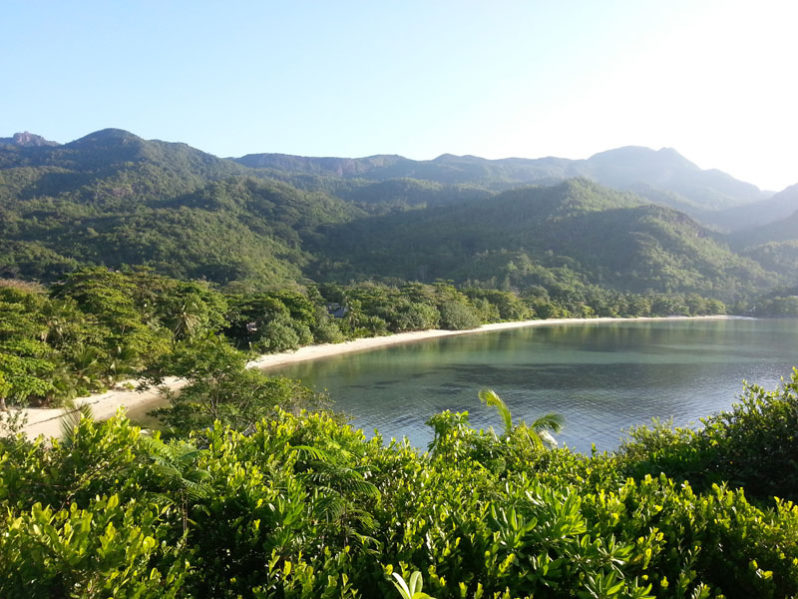
The natural coastal defenses provided by mangrove forests reduce annual flooding significantly in critical hotspots around the world. Without mangroves, flood damages would increase by more than $65 billion annually, and 15 million more people would be flooded, according to a new study.
Study reveals positive connection between nature experiences and happiness

An AI analysis of photographs posted on social media revealed a positive association between nature and happiness globally. The team also found that the amount of nature experiences in a country is linked to the life satisfaction of its residents.
A plasticene lexicon
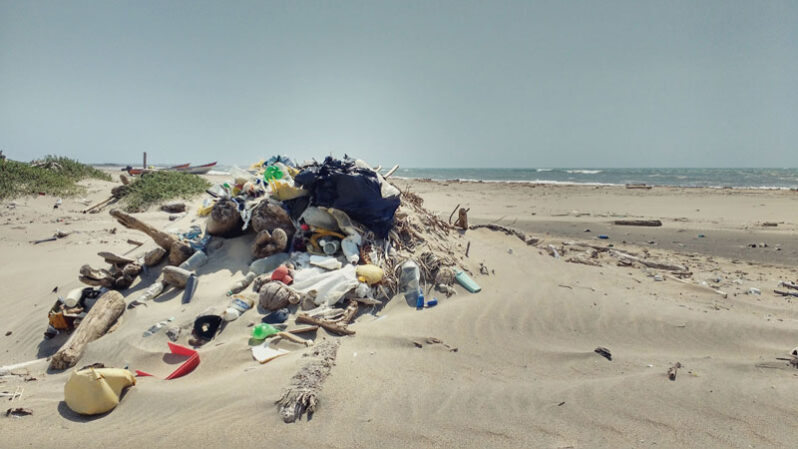
As plastic pollution in the environment has increased rapidly in the last half century, so too has the study of the effects of plastic on marine, aquatic and terrestrial ecosystems. From this research, a series of new terms has emerged to describe the phenomena unique to the presence of plastic-based materials in nature.
Sun-drenched photos capture the golden age of surfing
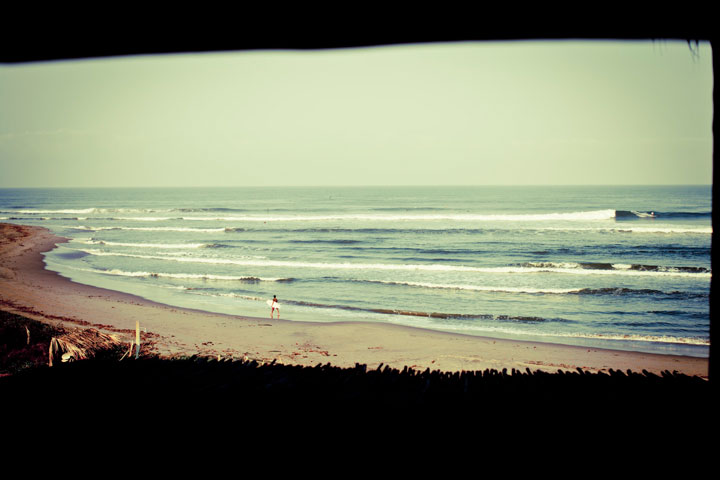
Amid the glistening waves and youthful grins in Jeff Divine’s photos of 1970s surfers, there’s something conspicuously absent from the sun-drenched scenes: logos.
This was a time before sponsorship and mainstream attention turned the sport into a lucrative global industry.
New European rules aim to end throwaway culture
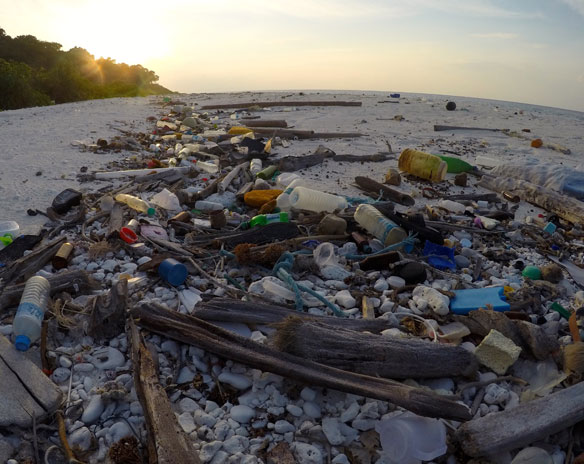
The European Commission has announced a plan to require manufacturers to make products that last longer and are easier to repair and reuse — an attempt to curb the “throwaway culture” that has fueled greenhouse gas emissions, resource extraction, and pollution. The new rules would take effect by 2021.
Discarded single-use face masks clutter Hong Kong’s beaches
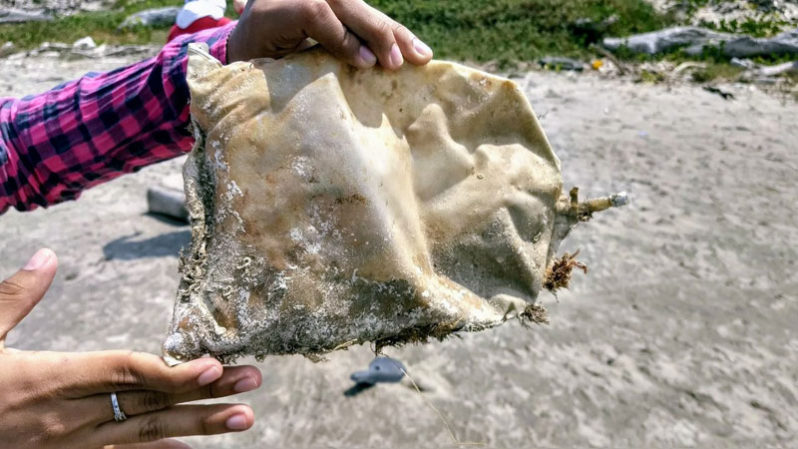
Discarded face masks are piling up on Hong Kong’s beaches and nature trails, with environmental groups warning that the waste is posing a huge threat to marine life and wildlife habitats.
Planet Plastic: How Big Oil and big soda kept a global environmental calamity a secret for decades
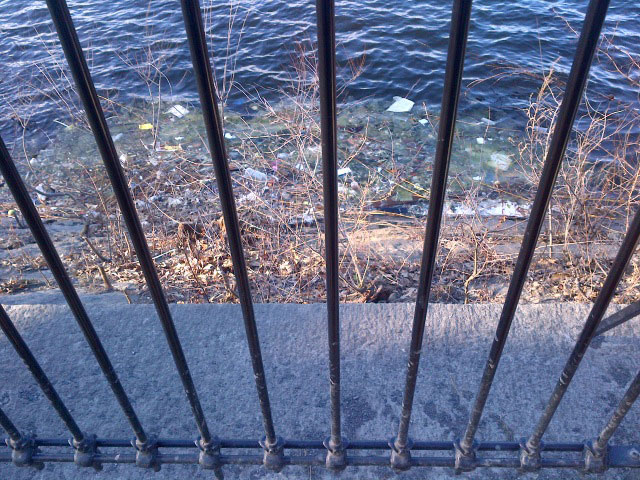
Every human on Earth is ingesting nearly 2,000 particles of plastic a week. These tiny pieces enter our unwitting bodies from tap water, food, and even the air.
